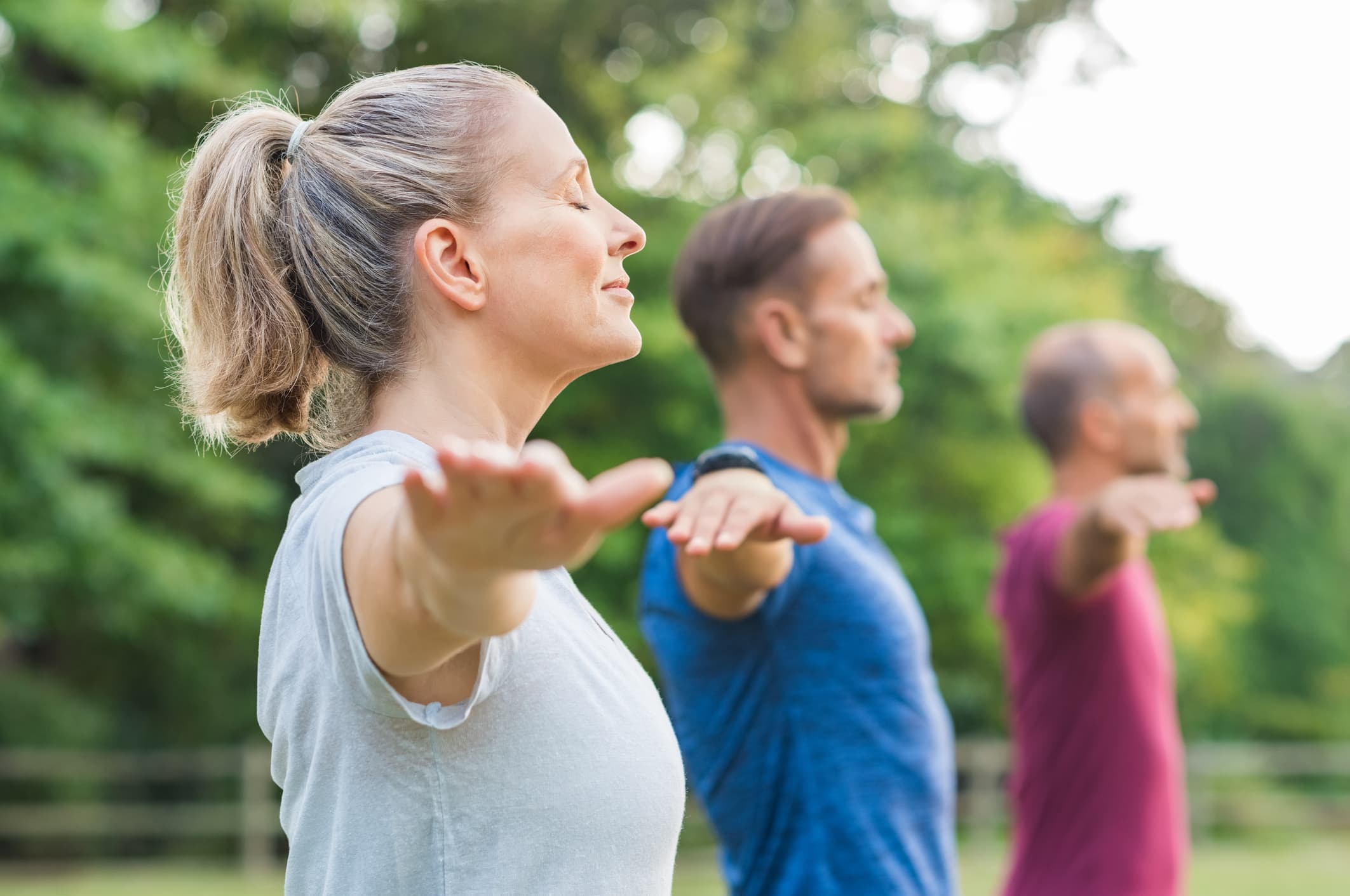Gratitude is powerful: not only does it feel good, it’s also been proven to increase our wellbeing in myriad ways. It boosts our emotional resilience, improves mental health, and strengthens our connection with others.
It can also help us sleep soundly, makes us more productive at work, and contributes towards a better life for all.
The most beautiful way to start and end your day is with a few moments of gratitude, for the people in your life, the nature around you, and also for the smallest of things. It’s so important for your mental and emotional wellbeing, especially when things get tough and you face the challenges of life.
Even if it’s been a bad day, try to find things you can be grateful for. The more you look for the good, the more good you will see. Something as fleeting as an exchange of smiles with a loved one, a work colleague, or even with a passer-by, can change your whole day, makes you realise why you are doing what you are doing. You could change their day, too.
Gratitude is one of the underlying concepts of positive psychology. It promotes the savouring of positive events and helps to counteract the negativity. Even by finding some positive aspects can ameliorate a string of bad experiences. There is always something to learn.
Pioneers in the field and perhaps the world’s leading scientific experts on gratitude, Dr Robert A. Emmons of the University of California, Davis and Dr Michael E. McCullough of the University of Miami, found that people who engage in counting their blessings versus burdens over a ten week period, reported more joy, energy, optimism, attentiveness, and pro-social behaviour. They also reported better health. Emmons argued that those who are grateful may be more inclined to take better care of themselves, engage in more positive health behaviours such as exercise and diet, and monitor their overall wellbeing (Emmons, as cited in Huebeck, 2012).
According to Emmons, gratitude has two key components. First, it is an affirmation of goodness. We affirm that there are good things in the world, gifts and benefits we have received. Second, he explains, we recognise the sources of goodness are outside of ourselves. He and other researchers see the social dimension as especially important; it is a relationship-strengthening emotion because it requires us to see how we’ve been supported and affirmed by other people.
Another leading researcher in this field, psychologist Dr Martin E.P. Seligman, from the University of Pennsylvania, also showed that research participants who were required to write and deliver a letter of gratitude to someone who had never been properly thanked for their kindness, immediately exhibited a huge increase in happiness scores. Much greater than from any other intervention, with benefits lasting for at least one month.
‘Gratitude is the ultimate performance-enhancing substance.’ ~ Robert Emmons.
Other studies have shown how gratitude can improve relationships, both personal and those in the workplace. It helps people refocus on what they have instead of what they lack. Gratitude can also proactively improve a company’s culture and enhance our performance at work by making the workplace more humane.
Gratitude at Work
In collaboration with the IBM Smarter Workforce Institute and the Society for Human Resource Management, Globoforce has conducted research in nearly 50 countries around the world. Their studies, along with other research, has linked gratitude and related traits, like engagement, to improvements in productivity, profitability, quality, loyalty, safety, absenteeism, and other cost and performance metrics, demonstrating that giving and receiving appreciation is both beneficial and vital to a high-functioning organisation.
Be More Supportive of Others
Gratitude also drives us to contribute more to our organisation or community. Considerable research has demonstrated gratitude as a driver of “prosocial”, kind and helpful behaviour. Grateful people are more likely to take time to mentor co-workers, be compassionate when someone has a problem, and encourage and praise others, so bringing out the best in one another.
Be More Creative
Gratitude also drives enhanced performance in the cognitive domain, and grateful people are more likely to be creative at work. Gratitude promotes innovative thinking, flexibility, openness, curiosity, and love of learning. A highly publicised 2015 study found that out of 24 character strengths, love of learning and gratitude were the strongest predictors of wellbeing. The single best overall predictor was gratitude. It is for these reasons that gratitude forms one of the foundations of our very own WellBeing Wheel.
Sleep Soundly
Other studies have also shown that grateful thinking helps us sleep better and longer. It results in more restful, restorative sleep, and grateful people reap the benefits at work the next day. In one study, people keeping a gratitude journal slept on average 30 minutes more per night, woke up feeling more refreshed, and had an easier time staying awake during the day compared to those who didn’t practice gratitude.
How does this happen, you may ask? Research suggests that grateful people have more positive “pre-sleep cognitions” and fewer negative pre-sleep cognitions. Negative, critical thoughts tend to induce sleeplessness. On the other hand, grateful people’s minds are full of pleasant thoughts and this promotes relaxation and a readiness to sleep.
Look for the Good
Today is a fresh start. Find joy in everyday things. There are positives everywhere and where better to start than with ourselves? Think about the good within you, the good decisions, deeds and actions you take daily for yourself and for others. Think also about the good in the people and the world about you.
Our brain constantly looks for reinforcement of our thoughts and beliefs, it’s called cognitive dissonance (ever thought about a red car and then seen red cars everywhere?). If we look for the good, we will see it. Some days that may be harder said than done, but try it, you will be amazed at what happens. This is why it is so important to practice gratitude.
Three Things Every Day
Think of at least three things every day you are grateful for, looking for the good everywhere and in everything, including yourself. The more you think it, the more you will see it, and it will boost your self-worth, too.


